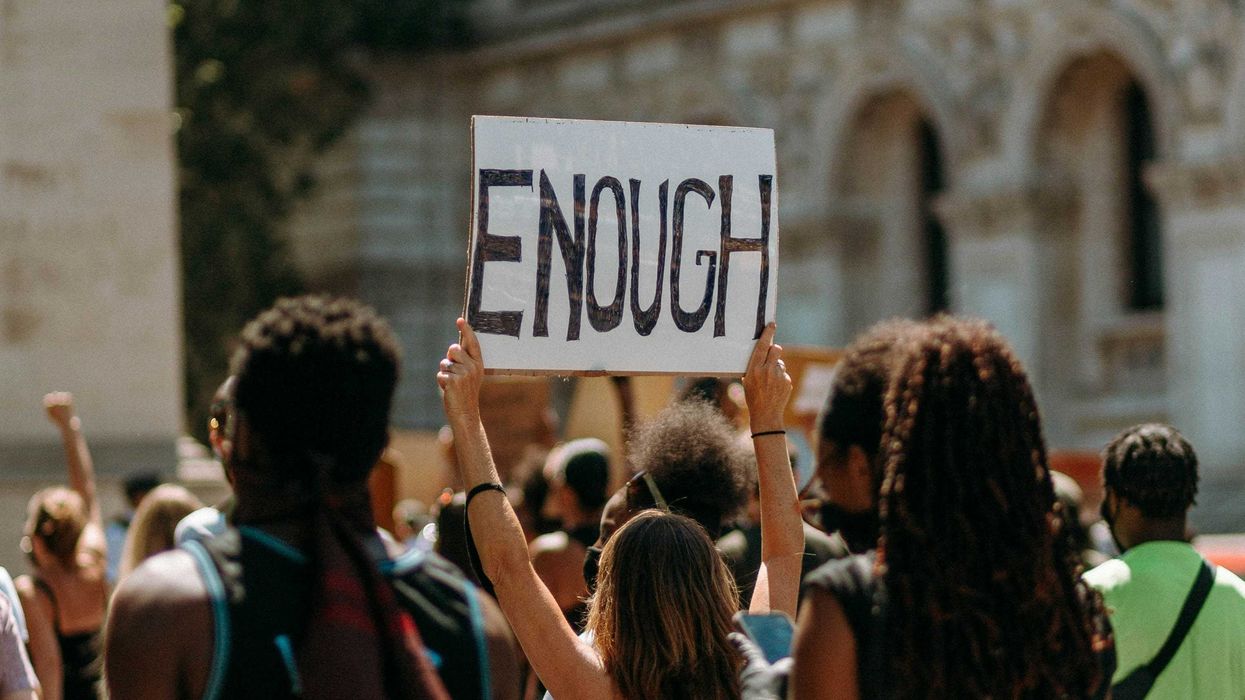When President Trump returned to power, I watched with a mix of disbelief and dread. The norm-breaking, the retaliation against critics, the steady erosion of democratic institutions — it was all happening again, only faster and more brazenly.
In a guest essay in the New York Times titled “Where Trump Is Vulnerable and How to Act on It,” Henry Farrell, Johns Hopkins Professor of democracy and international affairs, lays out a clear path forward amidst the President's avalanche of cruelty and outright lawlessness. Farrell writes:
“….Mr. Trump will fail in remaking American politics if people and institutions coordinate against him….Even the most brutal tyrant does not have enough soldiers and police officers to compel everyone to obey at gunpoint. Authoritarian regimes need civil society — the realm of people and organizations outside government control — to acquiesce to their rule….”
While early on we saw disheartening capitulation by many in the legal and higher education communities, we have finally begun to see more and more members of civil society stand up to the bullying.
The recent No Kings protests were the most visible example of widespread individual action aimed at coordinating against the President. The administration’s embarrassing attempts to brand the protests as ‘hate America’ events were a clear example of how these mass gatherings bring fear to autocrats.
Universities have begun to find their voices, too. The University of Southern California (USC) was the fourth university to reject the Administration’s so-called "Compact for Academic Excellence in Higher Education," which provides preferential access to federal research funding and other benefits if the universities adopt specific policy changes aligned with the administration's priorities. USC interim President Beong-Soo Kim expressed concerns that tying research benefits to the deal would "undermine the same values of free inquiry and academic excellence" it claims to promote.
In his essay, Farrell cites ABC’s reversal of its suspension of The Jimmy Kimmel Show as another example of non-cooperation, in this case, not because of a corporation’s sudden commitment to free speech, but because Disney, its parent company, had begun hemorrhaging subscribers. That’s us!
This growing coordination against the President’s authoritarianism had become all the more necessary because of Congress's silence. When the President willfully refuses to spend funds appropriated by Congress and signed into law, it is the legislative branch's job to stand up to the lawbreaking. But this Congress, especially the Republicans who control the House and Senate, is complicit in the lawbreaking.
That is precisely why, despite the government shutdown, recent actions by the House and Senate Appropriations Committees offer some encouragement. When the President’s fiscal year 2026 (FY26) budget called for a 55 percent cut to the Environmental Protection Agency (EPA), the House Appropriators responded with a 23 percent cut and the Senate with a 5 percent cut.
When the President called for a greater than 90 percent cut in FY26 to maternal and child health globally, from $915 million in FY25 to $85 million in FY26, House Appropriators, not just the Democrats, but the House Appropriations Committee responded by rejecting the President's cuts and appropriating the full $915 million.
“….[The administration’s] strategy,” Farrell wrote in his essay, “is to play divide and conquer, rewarding friends and brutally punishing opponents. They win when society cracks, creating a self-enforcing set of expectations, in which everyone shuts up and complies because everyone expects everyone else to shut up and comply, too….”
As a trickle of corporations and universities join millions of Americans in refusing to “shut up and comply,” we must expect the same from Congress. Recently, a woman held a protest sign that read, “Trump turned this introvert into an activist.”
We must take our activism into the streets, to the ballot box, and into Congress, because that more modest 5 percent cut to the EPA will only be enacted into law if members of Congress hear from their constituents.
That’s something each of us can do by calling the Congressional switchboard (202-224-3121) and asking our members of Congress to urge House and Senate conferees to accept the Senate’s appropriation level for the EPA.
One phone call won’t save democracy. But millions of them, made by citizens who refuse to comply, just might.
Sam Daley-Harris is the author of “Reclaiming Our Democracy: Every Citizen’s Guide to Transformational Advocacy” and the founder of RESULTS and Civic Courage. This is part of a series focused on better understanding transformational advocacy: citizens awakening to their power.




















Trump & Hegseth gave Mark Kelly a huge 2028 gift